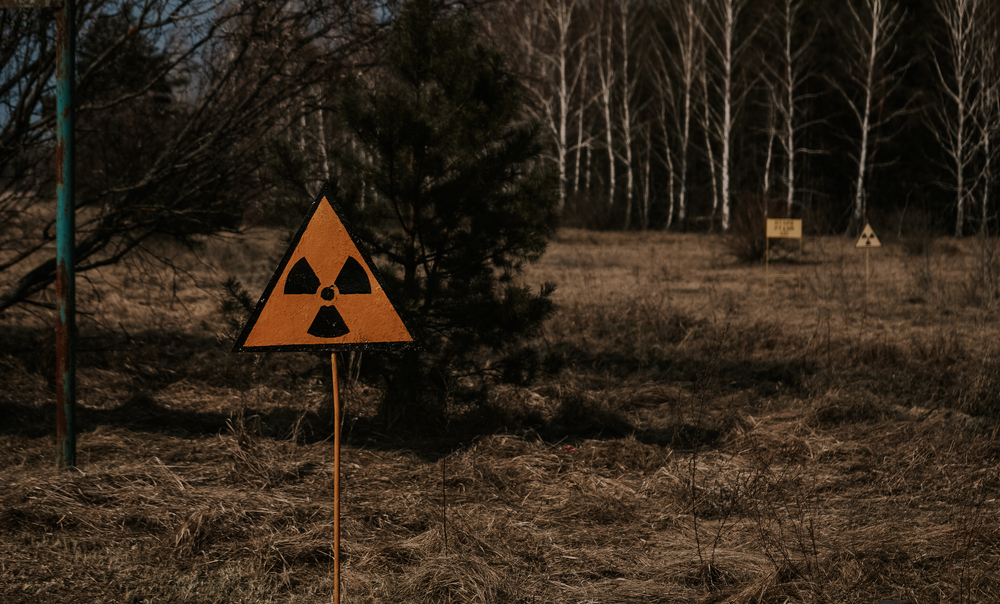The professors claim that the U.S. could strike as many as 150 Russian and 70 Chinese nuclear missile launch sites.
Others are reading now
The U.S. and its allies now have the ability to threaten and potentially destroy Russia’s and China’s nuclear launch sites using only conventional weapons, according to two experts.
Don’t Need Modifications
Professors Dan Plesch and Manuel Galileo from SOAS University of London argue that this growing military power could destabilize global security, as both nations may feel pressured to respond by bolstering their own arsenals, possibly triggering a new arms race.
In a report published in early September, the professors claim that the U.S. could strike as many as 150 Russian and 70 Chinese nuclear missile launch sites within hours using conventional cruise missiles like the JASSM and Tomahawk.
These missiles, they state, could be launched from aircraft such as the C-17 or C-130 without the need for significant modifications.
Also read
Warn of Rapid Evolution
The authors warn that the rapid evolution of U.S. missile technology increases the risk of miscalculation in a crisis. Russia or China might fear a preemptive strike, which could lead to a quicker escalation to nuclear conflict.
Plesch and Galileo estimate that Russia and China’s most mobile or deeply buried missile systems are far more vulnerable than previously believed.
The experts argue that the growing U.S. firepower, particularly in conventional missiles, has not been sufficiently discussed in public debates about U.S.-Russia or U.S.-China tensions. They also emphasize that this growing power could make nuclear arms control efforts even more critical.
While few predict an imminent military conflict, global uncertainty has risen since Russia’s invasion of Ukraine. The authors caution that this new reality calls for a renewed focus on arms control, echoing the U.N. Secretary-General’s call for disarmament talks.


